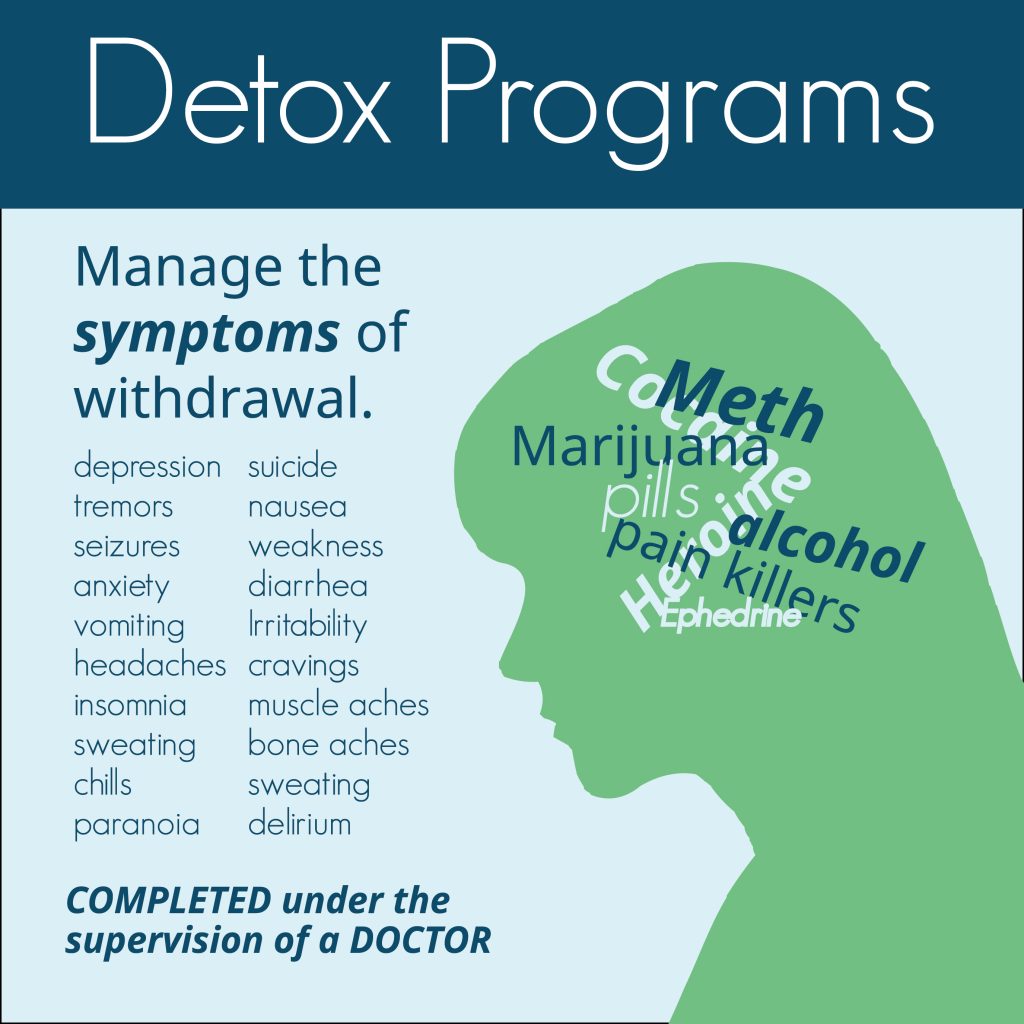Couples Rehab in Hopewell, Virginia
Hopewell Virginia Addiction Treatment Programs
For couples in Hopewell, Virginia, struggling with addiction, a path to recovery doesn’t have to be a solitary journey. Couples rehab offers a beacon of hope, providing a supportive environment where both partners can heal, rebuild trust, and emerge stronger together. This informative guide explores everything you need to know about couples rehab in Virginia, from understanding the benefits to finding the right program and navigating the recovery process.
Why Choose Couples Rehab in Hopewell, Virginia?
According to the Virginia Department of Behavioral Health and Developmental Services (DBHDS), substance abuse is a significant concern in the Hopewell area. Couples rehab programs address this issue by:
- Promoting accountability: Partners hold each other accountable for staying on track with their recovery plan.
- Identifying codependency: Couples therapy can unearth underlying dynamics that may hinder individual progress.
- Building communication skills: Effective communication is crucial for a healthy relationship and successful recovery. Couples rehab programs provide tools and strategies for open and honest communication.
- Relapse prevention: Couples learn relapse triggers and develop coping mechanisms together, strengthening their support system.
- Rebuilding trust: Addiction can erode trust within a relationship. Couples rehab programs provide a safe space to rebuild trust and heal emotional wounds.
Major Cities/Counties in Hopewell with High Drug Rehab Searches:
- Hopewell City
- Prince George County
- City of Petersburg (While not directly in Hopewell, Petersburg is a nearby city with a significant population that may search for rehab resources in Hopewell)
Finding the Right Couples Rehab Program in Hopewell, Virginia
Choosing the right couples rehab program requires careful consideration. Here are some key factors to explore:
- Treatment Philosophy: Different programs utilize varying treatment approaches, such as cognitive-behavioral therapy (CBT), mindfulness techniques, and family therapy. Consider what best aligns with your and your partner’s needs.
- Program Intensity: Options include inpatient programs offering 24/7 care, outpatient programs allowing for continued work or school, and intensive outpatient programs (IOPs) providing extended daily support.
- Amenities and Location: Some programs offer amenities like holistic therapies, fitness facilities, or gender-specific programs. Choose a location close to home to maintain support networks.
- Insurance Coverage: Many insurance plans offer coverage for addiction treatment. Contact your insurance provider to understand your specific coverage details. Contact us to learn more about treatment options and coverage.
Expert Opinion:
Dr. Michael Lee, a licensed therapist specializing in couples therapy and addiction recovery in the Hopewell area, emphasizes the importance of couples rehab:
“Couples rehab offers a unique opportunity for couples to address not only their individual struggles with addiction, but also the underlying dynamics within the relationship that may have contributed to or been affected by the substance abuse. This holistic approach fosters healing, strengthens communication, and increases the chances of long-term recovery for both individuals and the couple as a whole.”
Actionable Tips for Starting Your Couples Rehab Journey in Hopewell, VA
- Research: Utilize the free resources from reputable organizations like the National Institute on Drug Abuse (NIDA) and the Substance Abuse and Mental Health Services Administration (SAMHSA) to learn more about available programs.
- Speak with an admissions counselor: Discuss your specific concerns and goals with an experienced counselor at a reputable couples rehab program in Hopewell.
- Involve your loved ones: Support from family and friends can be crucial during recovery. Consider involving them in the process, respecting boundaries while fostering a supportive network.
- Prepare for emotional challenges: Healing is rarely a linear process. Be prepared for emotional ups and downs, and commit to open communication with your partner and therapist throughout the program.
Building a Stronger Future Together
Couples rehab in Hopewell, Virginia, offers a powerful opportunity for couples struggling with addiction to heal and rebuild their relationship. By fostering accountability, improving communication skills, and developing relapse prevention strategies together, couples can emerge stronger and create a healthier, happier future.
Additional Resources:
National Institute on Drug Abuse (NIDA): [https://www.nih.gov/about-nih/what-we-do/nih-almanac/national-institute-drug-abuse-nida](https://www.nih.gov/
- Virginia Department of Behavioral Health and Developmental Services (DBHDS): Provides a searchable database of addiction treatment providers in Virginia, including those specializing in couples rehab (https://dbhds.virginia.gov/).
- National Alliance on Mental Illness (NAMI) Virginia: Offers support groups and resources for individuals and families struggling with addiction (https://namivirginia.org/). Reach out to your local NAMI chapter for guidance on couples rehab options in Hopewell or nearby areas.
- Psychology Today Therapist Directory: Search for therapists in Hopewell specializing in couples therapy and addiction recovery (https://www.psychologytoday.com/us/therapists/va/richmond?category=couples-counseling). While not all therapists listed offer couples rehab programs, they can provide referrals or guidance.
Support Groups for Couples in Recovery:
- SMART Recovery: Offers free, secular support groups across Virginia, including in the Hopewell area (https://meetings.smartrecovery.org/meetings/). SMART Recovery focuses on empowerment and self-management tools for addiction recovery.
- Alcoholics Anonymous (AA) and Narcotics Anonymous (NA): While not specifically designed for couples, these 12-step programs offer a vast network of support groups in Hopewell and surrounding areas for individuals recovering from alcohol and drug addiction, respectively (https://www.aa.org/, https://na.org/). Couples can attend separate meetings and share experiences during their individual recovery journeys.
- Couples Therapy: While not a support group in the traditional sense, ongoing couples therapy after rehab can be a vital source of support for couples navigating the challenges and triumphs of recovery together.
Local City and County Government Resources:
While Hopewell City may not have a dedicated department for substance abuse and mental health resources, you can include neighboring Prince George County’s resources:
- Prince George County Department of Social Services: Offers resources and information on mental health and substance abuse services, including referrals and support groups.
Remember, you are not alone. Many resources are available to support you and your partner on your path to healing in Hopewell, Virginia. Reach out for help today and take the first step towards a brighter future together.
Top 10 Questions & Answers: Couples Rehab in Hopewell, Virginia
1. What is couples rehab in Hopewell, Virginia?
Answer: Couples rehab in Hopewell provides specialized addiction treatment for couples struggling with substance abuse together. It offers a supportive environment where both partners can heal, rebuild trust, and develop relapse prevention strategies as a team.
2. Is couples rehab in Hopewell right for me and my partner?
Answer: Couples rehab in Hopewell could be a good fit if you and your partner:
- Both struggle with substance abuse.
- Want to heal from addiction together and strengthen your relationship.
- Are committed to supporting each other’s recovery.
3. What are the benefits of couples rehab in Hopewell?
Answer: Couples rehab offers numerous benefits, including:
- Increased accountability: Partners hold each other responsible for staying on track with recovery plans.
- Identifying codependency: Therapists help uncover unhealthy reliance within the relationship that may hinder recovery.
- Improved communication skills: Couples learn to communicate openly and honestly, strengthening their bond.
- Relapse prevention: Couples develop coping mechanisms together, building a stronger support system.
- Rebuilding trust: Addiction can erode trust. Couples rehab provides a safe space to rebuild it and heal emotional wounds.
4. How much does couples rehab in Hopewell cost?
Answer: Costs vary depending on program intensity, duration, and amenities. Contact Hopewell rehab centers for specific pricing details. However, many insurance plans offer coverage for addiction treatment. Contact your provider to check your specific coverage.
5. What types of couples rehab programs are available in Hopewell?
Answer: While program options in Hopewell may be limited compared to larger cities, you might find:
- Inpatient programs: Provide 24/7 care in a safe environment (may require travel to nearby areas).
- Outpatient programs: Allow for flexibility while attending therapy and support groups in Hopewell or nearby locations.
6. What should I look for in a couples rehab program near Hopewell?
Answer: Consider these factors when searching for a program:
- Treatment philosophy: Explore options like CBT, mindfulness, or family therapy to find what best aligns with your needs.
- Program intensity: Choose a program that fits your schedule (inpatient, outpatient).**
- Amenities and location: Consider gender-specific programs, holistic therapies (availability may be limited), and program proximity to support networks (may require travel).
- Insurance coverage: Verify if your insurance covers couples rehab treatment.
7. Where can I find couples rehab programs near Hopewell?
Answer: Here are resources to find couples rehab programs:
- Virginia Department of Behavioral Health and Developmental Services (DBHDS): Provides a searchable database, including options outside Hopewell (https://dbhds.virginia.gov/).
- National Institute on Drug Abuse (NIDA): Offers a treatment facility locator tool, considering locations outside Hopewell (https://www.nih.gov/about-nih/what-we-do/nih-almanac/national-institute-drug-abuse-nida).
8. What is the first step to starting couples rehab near Hopewell?
Answer: The first step is to research available programs. Consider factors mentioned in question 6 and expand your search to nearby areas using the resources listed in question 7. You can also contact a rehab program near Hopewell for a free assessment.
9. How can I prepare for starting couples rehab near Hopewell?
Answer: Here are some tips for preparing:
- Gather information: Research addiction treatment and different types of couples rehab programs.
- Communicate openly: Talk openly with your partner about your goals and hopes for recovery.
- Involve loved ones: Consider involving supportive family and friends while respecting boundaries.
- Be prepared for challenges: Healing is not linear. Embrace emotional ups and downs and prioritize honest communication with your partner and therapist.
10. Are there support groups for couples in recovery near Hopewell?
Answer: Support groups for couples in recovery may be limited in Hopewell itself. However, you can find options in nearby areas or explore virtual support groups:
- SMART Recovery: Offers free, secular online and in-person meetings across Virginia ([https://meetings.smartrecovery.org/meetings/](https://meetings.smartrecovery.org
Common Search Terms for Couples Addiction Treatment:
- couples rehab Hopewell, Virginia
- rehabs for couples Hopewell, Virginia
- couples drug rehab Hopewell, Virginia
- couples rehab near me Hopewell, Virginia
- couples rehab centers Hopewell, Virginia
- inpatient drug rehab for couples Hopewell, Virginia
- couples rehab facilities Hopewell, Virginia
- rehabs that accept couples Hopewell, Virginia














Recent Comments